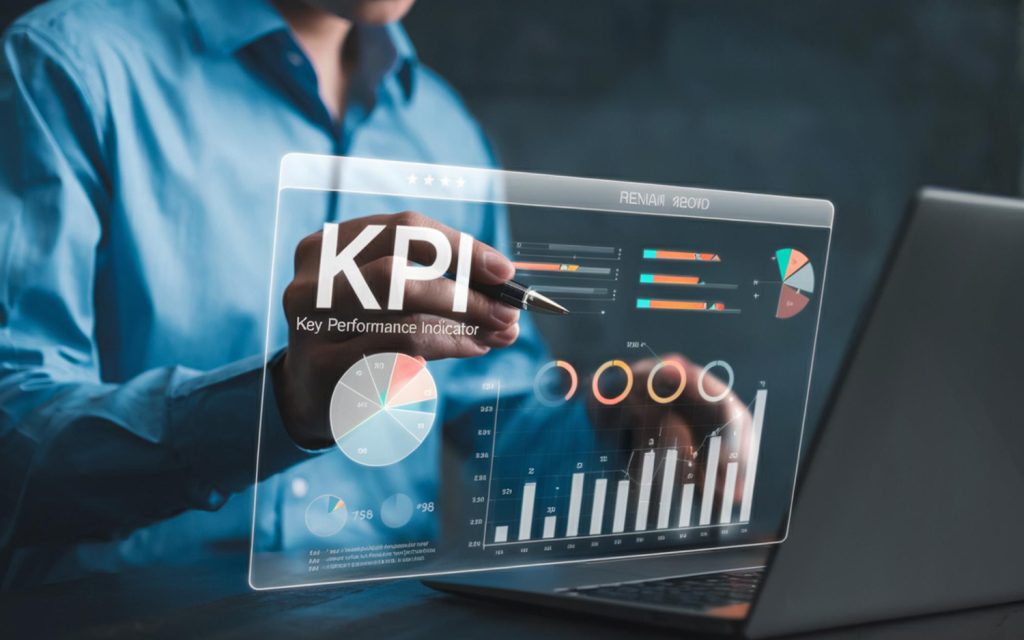As over 90 percentage of money spent on digital banners is wasted and up to 69 percentage of websites’ content passes unnoticed, marketers think they misuse 26 percentage of their marketing budget. With expenditures on digital marketing reaching up to $332.84 billion in 2020, marketing teams around the globe are employing innovative methods to improve brands’ digital presence and stay in the spotlight. Instead of relying solely on human input, they utilize marketing automation tools and adjust their strategies according to analytics data. On top of that, to avoid further costs, some employ Virtual Private Network (VPN), a tool mainly used for establishing a secure and private connection to the internet.
“VPNs are associated with security and privacy, but users are also able to connect to the servers around the globe. This means a marketer from the US can view the website as if they resided in Asia or Europe”,
says Juta Gurinaviciute, the Chief Technology Officer at NordVPN Teams.
Although security doesn’t seem to be among the biggest concerns for marketing agencies, the example of WPP, the world’s largest advertising agency, shows otherwise. The cyberattack cost them up to $15 million to remediate, not to mention the value of compromised marketing data of both company and its customers. Agencies across the globe, however, can also discover VPN’s wider applications in marketing.
Five VPN benefits for marketers
1. SEO improvements
Trending topics and search keywords differ around the globe and VPN can help access the web as if your marketing agency was located in the designated country or region. Thus search engines show marketers the results pages according to the chosen location. Understanding what dominates organic search in the chosen country is rewarding, as businesses that are listed on the first page of search engine results draw 92 percentage of organic traffic.
2. Search engine marketing
Google’s Economic Impact survey assumes that enterprises receive $2 revenue for each dollar invested in Google Ads and it makes paid ads as important as the organic reach. To make the most out of it, marketers have to know what the top bidders in specific locations are and analyze their ads in detail. Instead of relying on statistics and metrics, with VPN they can study the digital marketing landscape “in the wild” – just as the customer sees it.
3. YouTube advertising
In recent years the most popular video platform also ranks as the second most popular website. VPN services allow marketers to peek at the YouTube ads as if they are shown in other regions and change their strategy and content accordingly.
4. Competitor analysis
Marketers can utilize VPN to change their IP address in order to skim through competitors’ websites, blogs, ads, or keywords without them knowing the origin of web traffic. The constant monitoring of the competition helps find SEO backlink opportunities or discover the negative customer feedback. Sneak-peeking your competition shouldn’t resort to espionage and other grey-zone techniques, but leaving no digital footprint is understandable.
5. Secure connection
The primary purpose of a VPN is to ensure a safe and private connection to the internet. The secure connection is crucial to every marketer, be it an in-house professional working from home or a freelancer using a café’s public Wi-Fi. Attackers always try to leverage unprotected networks and get their hands on sensitive data – and there’s plenty on every marketer’s devices. For example, by exposing several environment config files, the digital marketing agency, teamDigital, has put the sensitive data of their clients – big names, such as NFL, Mastercard, or Soundcloud – in danger. Until such vulnerability is fixed, VPN allows marketers to work securely by encrypting their entire web sessions.
In a world of cyber-threats and ruthless competition, a VPN isn’t an optional extra: it’s part of an overall security strategy and could be also utilized as a well-configured marketing operation.
Word of advice
VPN ensures browsing privacy by routing your network traffic through remote servers worldwide. In the event of a breach, that information can be compromised, therefore it is recommended to use the service that also encrypts the data and protects it against cyberattacks. Some providers also offer the so-called KillSwitch feature which cuts the connection if the VPN network suddenly drops. Users should carefully evaluate free VPN services as it has its own pros and cons. It is also crucial to use the service properly: make sure it is always on, especially when connecting to a public Wi-Fi network or an unfamiliar hotspot, and don’t forget to secure your end-user devices with antivirus software and firewall to further enhance security.
___
by Juta Gurinaviciute
source: Search Engine Watch










